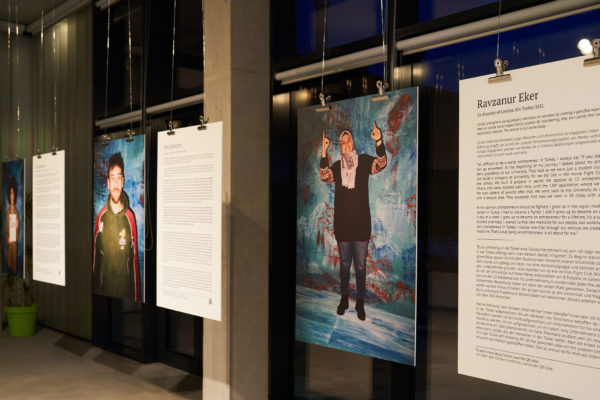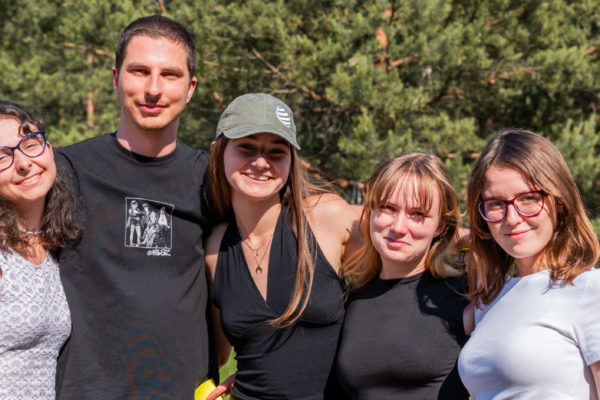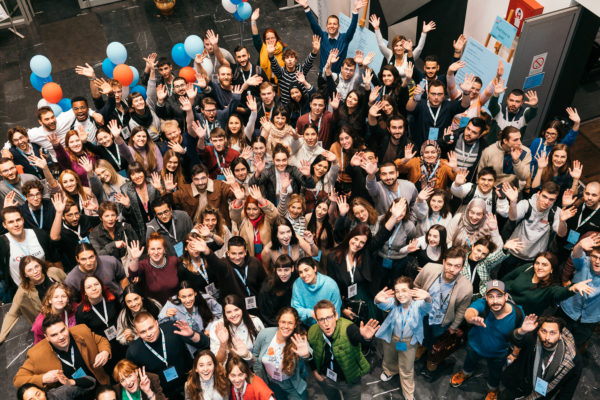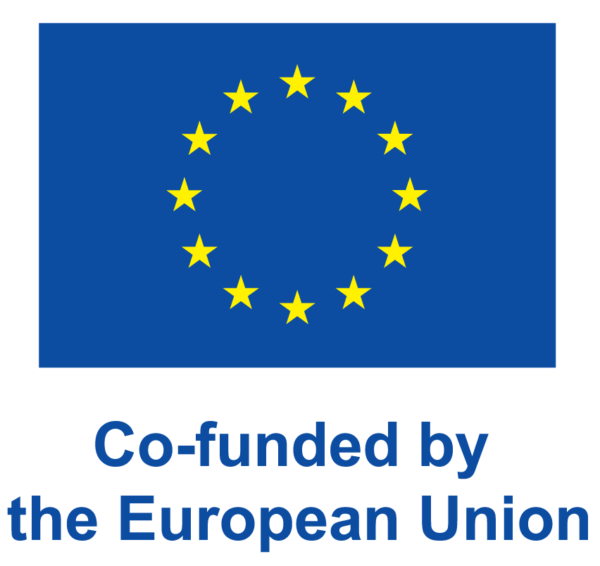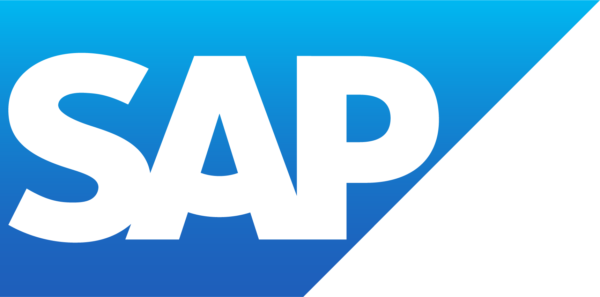
Everyone Codes: 5 Ways to Build a Long-Lasting Team
Whether you are a student working on a group project, or an entrepreneur running a company, building a good team is hard. But what about building a team that lasts? […]
Whether you are a student working on a group project, or an entrepreneur running a company, building a good team is hard. But what about building a team that lasts?
The pandemic put social ventures to the test in more ways than one. And as we’ve entered a “decade of disruption”, social ventures will need to greatly increase their resilience to survive over the next few years, which includes their business and impact models, as well as their teams.
As part of a collaboration with Impact Hub Vienna entitled RE:Start, Social Impact Award is building a comprehensive support program to help social ventures increase their agility and resilience, which also includes a series of blog articles dedicated to sharing best practices on the topic.
This is the first of the series, and features key takeaways from Stefan Steinberger, the founder of Everyone Codes, who shared his experience on the topic of “building teams that last” to SIA Austria and Germany finalists at the incubation kick-off bootcamp. Titled “How to build a great team”, his workshop got intimate about his journey as a social entrepreneur and gave concrete tips on building a team that lasts.
Stefan’s journey
During the European refugee crisis in 2016, Stefan saw many refugees coming into Austria looking for work, but missing the skills that employers wanted. He saw a growing demand for IT professionals and came up with the idea of teaching refugees how to code. Unfortunately, with a background in economics, this would prove tricky, so he had to get creative.
He reached out to Vienna’s Technical University looking for professors that could teach refugees how to code. During his search, he found out many of the courses at TU that taught soft skills were overbooked and demand for the courses exceeded supply. Students generally knew how to code, but they needed to complete certain courses with soft skills to graduate. Stefan realized that if he could convince the University to create a new course where students would be the teachers (building their soft skills) and refugees would be the students, he would solve his two biggest problems: a lack of space and a lack of skills.
It worked. The University was convinced and even gave participating students the necessary accreditations to graduate. Refugees Code was born.
Since then, Stefan has built a team of 14 people across Austria and has expanded his program to support all people looking for work, not only refugees (hence the new name Everyone Codes). He’s changed founding teams two times, and seen dozens of volunteers and team members join and leave his team. Here are 5 of our favorite key takeaways from his experience.

Stefan’s takeaways
Figure out your theory of change, what core competencies are needed to achieve this, and which ones you bring to the table.
When you know what you are really good at and really bad at, it becomes much easier to build a team. The people you try and bring on board are here to fill the gaps, not copy your strengths.
Clearly define who the CEO is.
When your team doesn’t agree, who makes the final decision? Clearly identifying who that person is and what their responsibilities are is key to making sure someone sails the ship while still leaving space to their team to build great things.
Discuss the mission statement deeply with your co-founders.
Being on the same page with co-founders requires lots of conversations. Ask yourselves questions like “where do we want to be in 5 years? What are we trying to change? How big are we trying to get?”
Discuss what happens if/when one of the co-founders leaves.
Statistically, it’s unlikely all co-founders will stay co-founders forever. More often than not, co-founders leave, so it’s better to be prepared when that happens.
Celebrate the small wins.
People tend to stay in teams where they feel appreciated. Simple acts of celebration like bringing cake to the office after a small success or going out to a team lunch will go a long way in making people feel happy about their work.

Building a social venture is not easy. It takes hard work, luck, and lots of help. Knowing how to build a strong, long-lasting team can make all the difference. Hopefully these tips will help you build a strong team for all your future endeavors. In the next article of our series, we’ll discuss how to build a resilient business model.
Joint project with Impact Hub Vienna, funded by Wirtschaftsagentur Wien.

